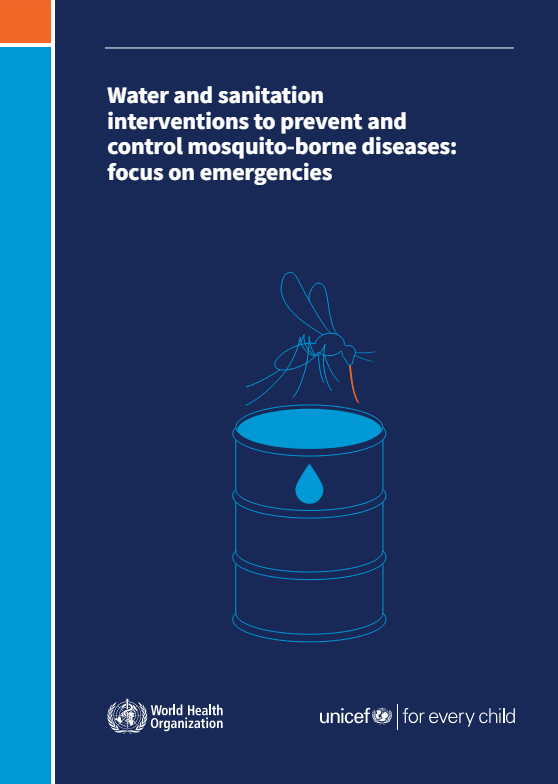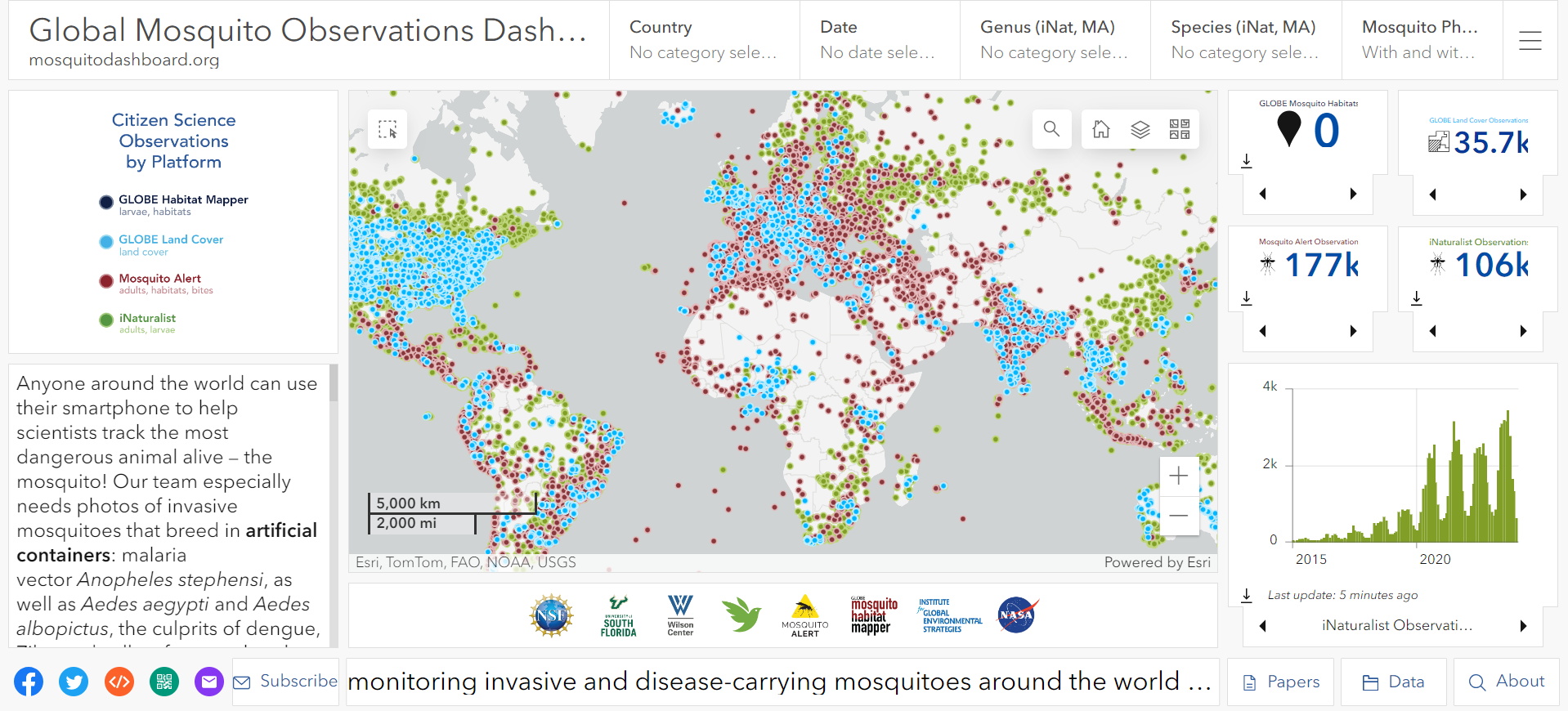Last Updated: 26/08/2024
In the middle of the swarm: neuromodulation of the auditory function in malaria mosquitoes
Objectives
Overall this project aims to investigate the neuromodulation of auditory function in malaria mosquitoe.
Gates Foundation (GF), United States
Nagoya University (NU), Japan
Malaria mosquitoes mate in swarms. They use their antennal ears to detect the mating partners through their flight tones. Because the swarm is noisy, and the mosquito flight tones faint, mosquito auditory organs are highly sensitive and complex. It was discovered a few years ago that the mosquito ear is innervated by a complex neuromodulatory network of neurotransmitters that are released from the brain, what is called an efferent system. This system is unique as mosquitoes are the only insect where auditory efferent activity has been described. Because mosquito hearing is necessary for mosquito reproduction, it is hypothesized that disrupting the efferent system could be an innovative target for mosquito control. In the initial fellowship period, the focus was on studying two of there neurotransmitters, octopamine and serotonin, to analyse their auditory roles in the swarm context and the implications for mosquito mating. For the second fellowship period, the aim is to build on these results and provide a better understanding of the underlying fundamental biology mechanisms and explore implications for malaria control. The auditory role of the inhibitory neurotransmitter GABA, which extensively innervates the auditory nerve will also be studied. This project aims at providing a comprehensive understanding of the role of individual neurotransmitters modulating mosquito audition and swarming behaviour and of the emergent properties of the system. The project will also explore specific tools to disrupt mosquito audition and swarming behaviour and model the effects on malaria transmission.
May 2024 — Apr 2027
$731,743


